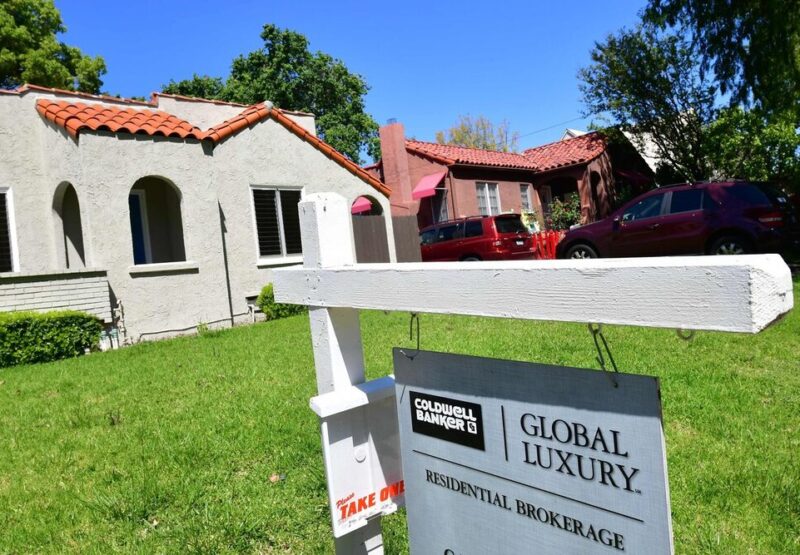As the world began grappling with the COVID-19 pandemic, many began to wonder what the economic fallout would be as businesses around the nation closed in an attempt to stop the spread of the virus. As small and large sectors of the economy grinded to a halt, the likelihood of another economic recession became more and more likely. While there’s little doubt that we are currently experiencing a recession, we still do not know what the future holds for a recovery or what the lasting economic impact will be. The word “recession” evokes a particular type of pain for those involved in the real estate industry as they witnessed the Great Recession of 2008-2009 wreck havoc on the housing market and home values. While we have recently highlighted the differentiating causes between the housing collapse and this pandemic, the jury is still out on how the housing market will be affected in the medium and long term. However, a recent article posted in the Wall Street Journal reveals some surprising short term impacts of the coronavirus. Despite the economy shrinking, businesses closing and unemployment claims dramatically increasing, there seems to be another metric that’s charting an upward trend. While data from the National Association of Realtors shows that buyer demand has fallen 8.5% over the past month, median home prices during the same period rose 8%. How is it that home prices continue to rise in a seemingly decimated economy? The answer has to do with a problem that the City of Boston has been dealing with for many years now --- there just aren’t enough homes on the market to keep up with buyer demand. Therefore an already chronically undersupplied housing market is simultaneously suffering from a steep decrease in new home listings. So even though demand is down considerably during this pandemic, sellers are either refusing to list their homes for fear of strangers walking through them or they are taking a “wait and see” approach, rather than accepting offers below their asking prices. As a result, a smaller buyer pool is competing for an ever-shrinking inventory of new homes for sale. It is still too early to tell if this trend will continue holding true in the future, but many economists and industry leaders are projecting that home values will remain flat or even see a modest increase over the next year. Historically, If the Boston housing…



